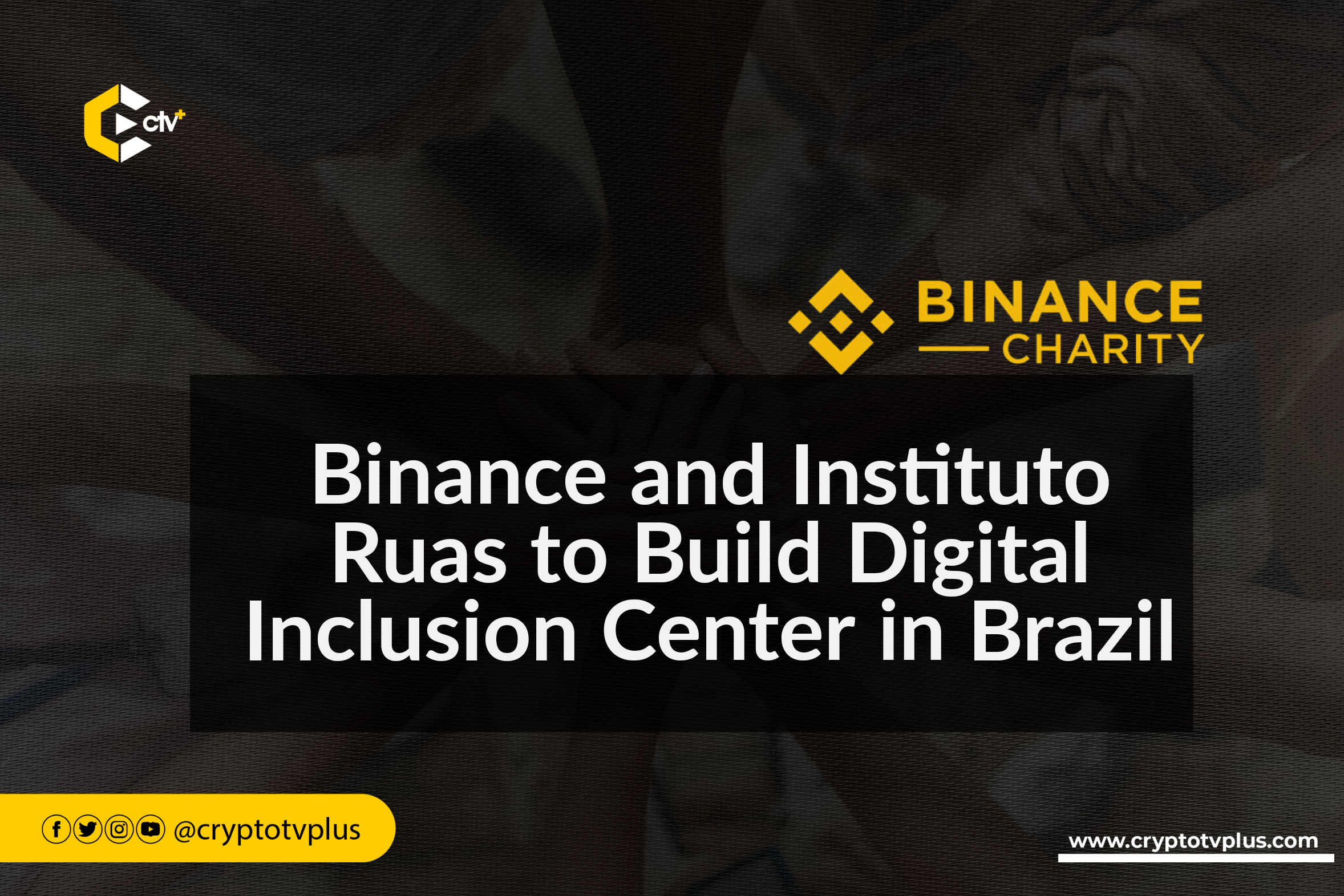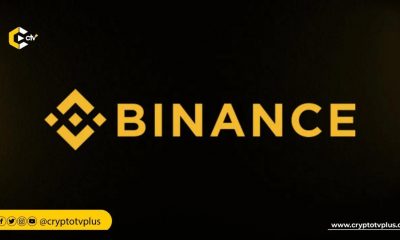News
Binance and Instituto Ruas to Build Digital Inclusion Center in Brazil

Binance, via its Binance Charity organization, has partnered with Instituto Ruas, an NGO, to drive digital inclusion by building a digital center in the city of Sao Paulo. The center aims to provide citizens with access to computers, cell phones, and computer classes.
Instituto Ruas, led by Father Júlio Lancellotti of Pastoral do Povo da Rua, is an organization focused on promoting inclusivity by providing access to computers and cell phones through donations enabled by cryptocurrency. Through a partnership with Binance, the world’s leading cryptocurrency exchange, a digital inclusion facility is being constructed.
The center will not only distribute electronic devices but also offer computer classes to empower beneficiaries and improve their livelihoods. Binance is supporting the project by creating a dedicated page within its philanthropic arm, Binance Charity, to accept cryptocurrency donations. The goal is to raise $50,000, with Binance contributing $20,000 towards this objective, and the exchange will not charge any transaction fees.
Binance Charity is the philanthropic division of Binance, a non-profit organization focused on leveraging Web3 technology for positive purposes. The organization has been actively involved in the Binance Scholar Program, which aims to provide free access to top-notch educational opportunities related to Web3.
They have received an impressive number of applications – over 82,000 for the program. To support these initiatives, Binance Charity has already committed $2.2 million BUSD, demonstrating its dedication to fostering widespread access to valuable Web3 education.
The creation of the initiative was prompted by a study conducted by the Getúlio Vargas Foundation (FGV), which revealed that approximately 23% of lower-income Brazilians (classes D and E) were unable to apply for crucial social benefits, such as the Emergency Aid program, during the Covid-19 pandemic.
This exclusion stemmed from a lack of internet access and the challenges of navigating smartphones and desktop computers. Social isolation further exacerbated the situation, as it isolated individuals from family and friends who could assist them in accessing these benefits.
Father Júlio Lancellotti highlighted that the digitally excluded population faces challenges in filling out forms, such as job applications or applying for financial support through social programs, as these often require online submissions or at least communication via mobile phones. As a result, the digitally excluded population also experiences financial exclusion.
Speaking about the project, Guilherme Haddad Nazar, General Director of Binance in Brazil, said that the use of blockchain technology and cryptocurrencies is important “for social and financial inclusion, capable of significantly transforming lives and enhancing people’s well-being.”
Read also;
CZ says BlackRock’s entry into crypto is not a threat to Binance
























